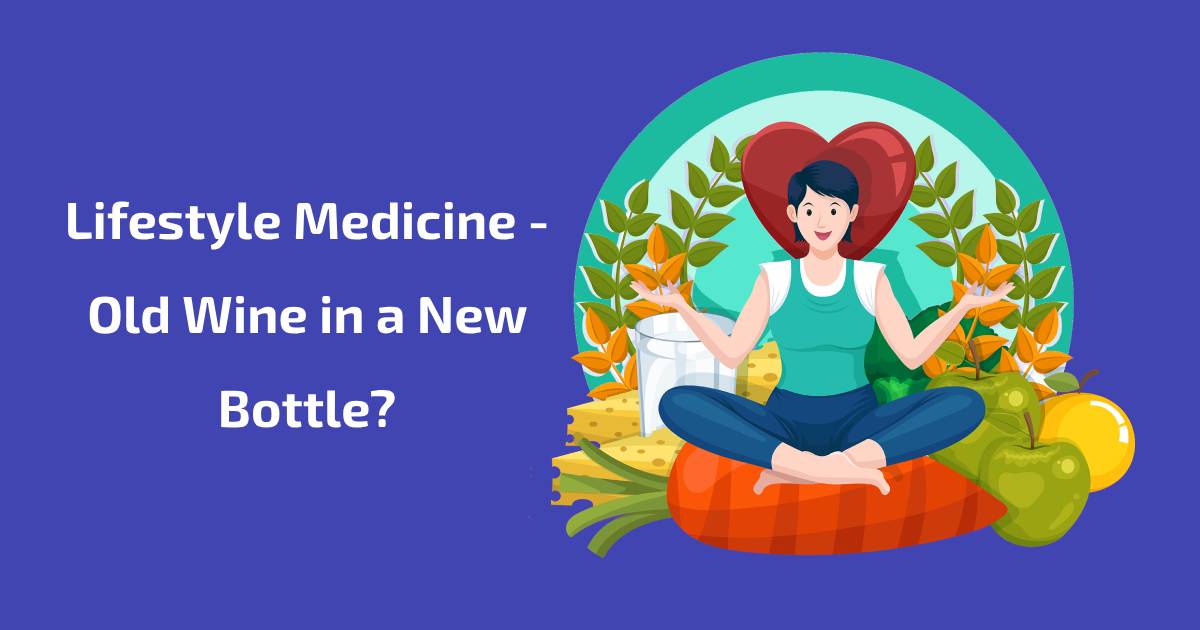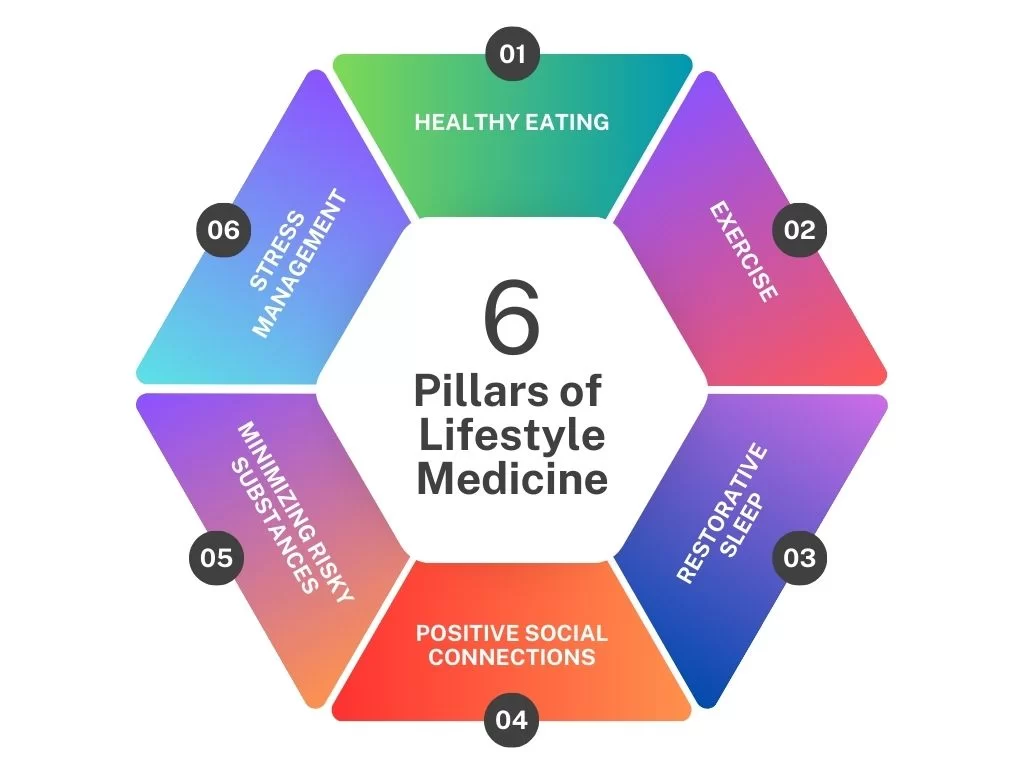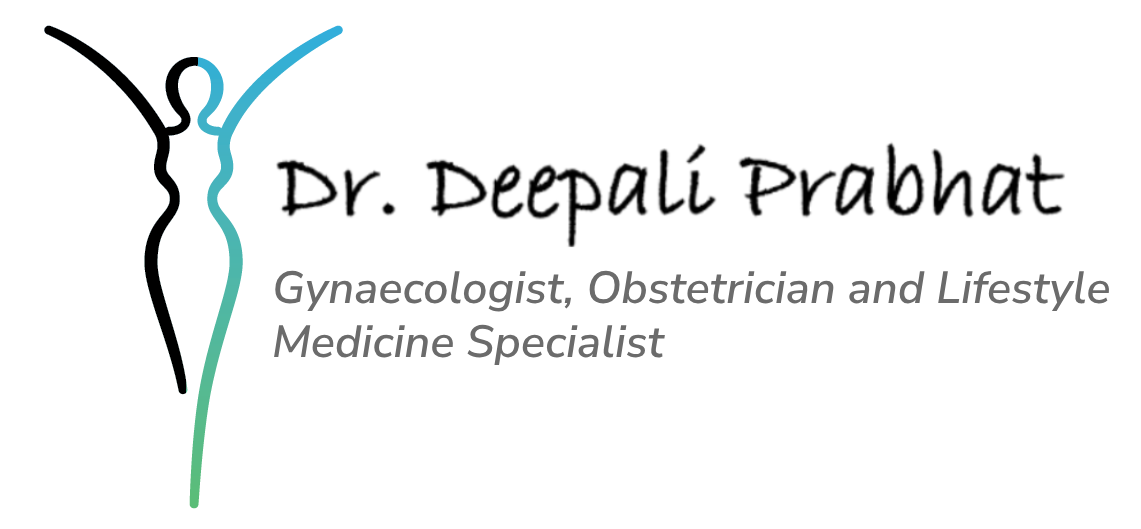
Just like the tremendous progress in the field of technology, medical science too is growing by leaps
and bounds. There are innumerable research studies being conducted at genetic and molecular level and our armamentarium to fight diseases is ever expanding. Yet the number of diseases and disabilities seems to be growing at an even larger pace. This forces us to ponder whether we are heading in the right direction or we are missing something. In pursuit of detail, are we losing the larger picture?
As much as the advances in science have been a boon for fighting infectious diseases, trauma and chronic diseases comprise over 80 percent of the current illness burden. These have largely remained non-curable and are just being treated with a plethora of pharmaceutical and surgical interventions that focus on managing complications, rarely addressing the root causes.
Throughout most of human history, food was scarce and hard to come by and hard physical activity was required for survival and unavoidable. Modern cultures have devised worlds where physical activity is scarce and hard to come by. Foods are abundant and engineered to be irresistible. Hectic schedules propagate stress and sabotage sleep. Increasing pre-occupations with screens at the cost of time-honoured human
connections is threatening our empathetic human nature. Toxic and addictive substances tempt
us to cope with these circumstances, but unfortunately are ones to which we are poorly adapted and can get addicted.
Lifestyle, the manner in which people live, is fundamental to health, wellness and prevention of disease. Lifestyle medicine addresses how we should live in order to be healthy. It is a rapidly growing discipline that focuses on the role of lifestyle factors in preventing, managing and reversing chronic disease.
The Six Pillars of Lifestyle Medicine

The six pillars of lifestyle medicine are: a whole-food plant-predominant eating pattern, physical activity, restorative sleep, stress management, avoidance of risky substances and positive social connections. It works to treat the whole person by employing lifestyle changes as its foundation for health. It places the patient at the centre and the Lifestyle Medicine Physician uses skills from multiple disciplines like nutrition science, positive psychology, behaviour change, health and wellness coaching, exercise physiology, addiction medicine and sleep medicine with an ultimate focus on the health of the patient.
The core principle is using daily healthy habits to prevent, treat and even reverse chronic diseases.
The recommendations are evidence based as per current scientific research methodologies, yet many of its principles are rooted in ancient cultures and philosophies namely Indian, Chinese or Greek, the forebearer of modern medicine. Among the famous quotes by Hippocrates, the father of Modern Medicine, “Let food be thy medicine and medicine be thy food” or “In order to keep well, one should simply avoid too much food, too little toil” can very well be expanded to encompass the practice of eating plant-based foods, keeping on moving, sleeping well, being present, staying calm, avoiding risky substances and loving people. These are the pillars of Lifestyle Medicine.
Evidence has indeed shown that when lifestyle practices are optimised, 80% of chronic diseases and premature deaths disappear. The Blue zones of the world where these prevail as a cultural norm, there are more years in life as well as more life in years and, more often than not, a peaceful exit at the close.
Like the fact that these days most things in life are reinventions of the past so seems to be the case with Lifestyle Medicine. And yet it seems totally new in today’s context.
